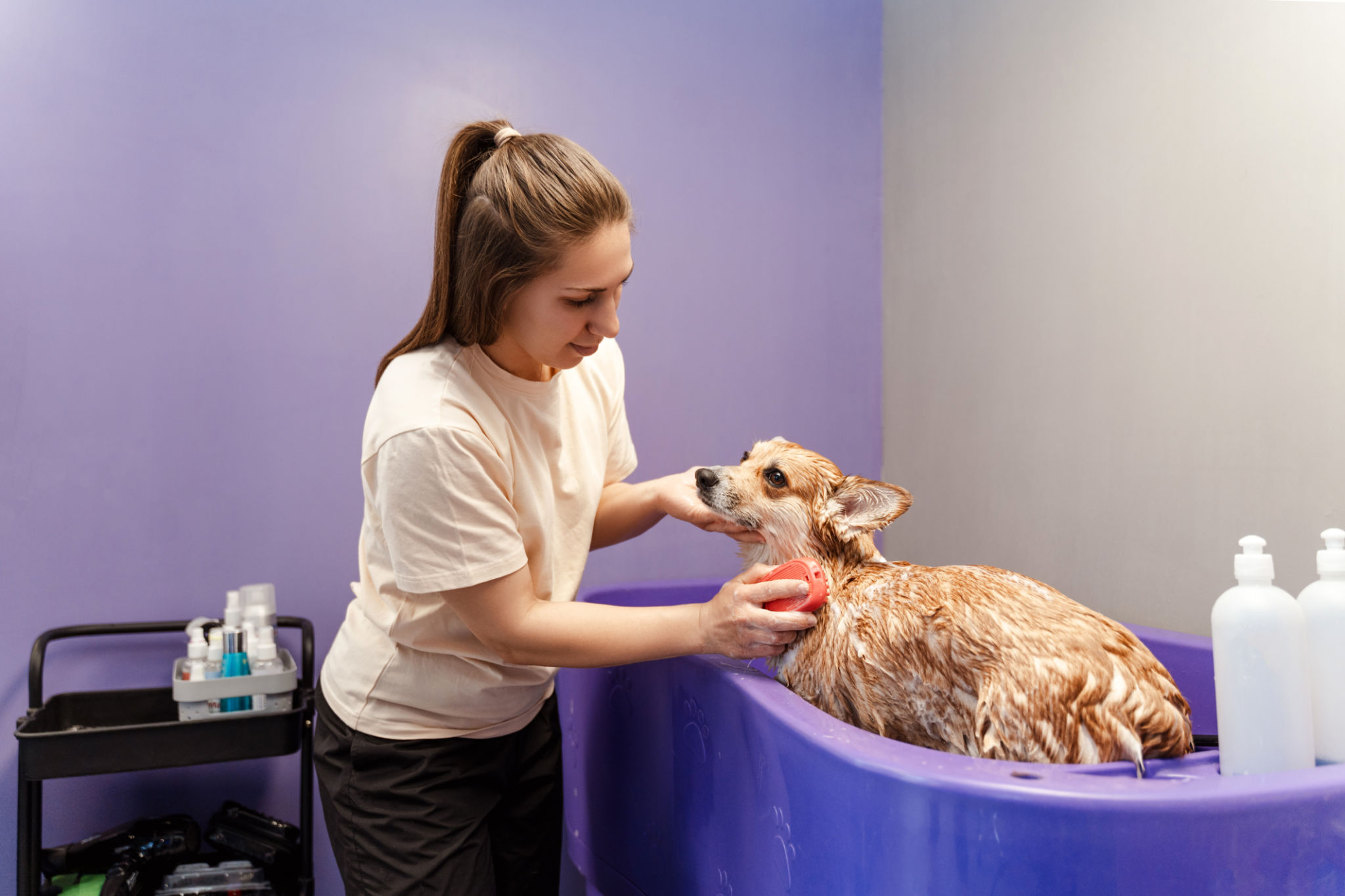Top Tips for Keeping Your Pet Healthy During Allergy Season
PA
Understanding Seasonal Allergies in Pets
As the seasons change, many pet owners notice their furry companions exhibiting symptoms similar to human allergies. Just like us, pets can suffer from seasonal allergies that cause discomfort and health problems. Common symptoms include itchy skin, excessive scratching, sneezing, and watery eyes. It's important to recognize these signs early to provide relief and prevent further complications.
Allergens such as pollen, mold, and dust mites are often the culprits behind these reactions. Pets are more susceptible to these allergens during certain times of the year, making it crucial for owners to be vigilant about their pet's health.

Consulting with Your Veterinarian
The first step in managing your pet's allergies is to consult with a veterinarian. A professional can help determine the specific allergens affecting your pet and recommend appropriate treatments. This might include antihistamines, special diets, or other medications to alleviate symptoms.
Regular check-ups are also essential during allergy season. A veterinarian can monitor your pet's condition and make adjustments to their treatment plan as needed. This proactive approach ensures that your pet remains comfortable and healthy throughout the season.

Maintaining a Clean Environment
Keeping your home clean can significantly reduce the number of allergens your pet is exposed to. Regularly vacuuming carpets and upholstery, washing pet bedding, and using air purifiers can help minimize allergen levels indoors.
Consider creating a designated area for your pet to relax that is free from outdoor allergens. You can also wipe down your pet's paws and coat with a damp cloth after they have been outside to remove any pollen or dust they may have picked up.

Nutrition and Hydration
A balanced diet is essential for maintaining your pet's overall health, especially during allergy season. Foods rich in omega-3 fatty acids, such as fish oil supplements, can help reduce inflammation and improve skin health. Always consult with your veterinarian before introducing new supplements to your pet's diet.
Ensuring your pet stays adequately hydrated is equally important. Fresh water should always be available, as it helps flush out toxins and supports their immune system.
Natural Remedies and Preventative Measures
In addition to traditional treatments, some pet owners find relief through natural remedies. Oatmeal baths, for instance, can soothe itchy skin, while herbal supplements may support immune health. Always discuss these options with your vet to ensure they are safe for your pet.
Preventative measures, such as keeping windows closed during high pollen days and avoiding outdoor walks when pollen counts are high, can also help manage symptoms effectively.
Regular Grooming
Regular grooming plays a vital role in managing allergies in pets. Brushing your pet's coat frequently helps remove loose fur and allergens trapped in their fur. Bathing your pet with hypoallergenic shampoos can also alleviate skin irritation.

Don't forget to check for any signs of irritation or infection in your pet's ears and paws during grooming sessions. These areas are often more susceptible to allergens and may require extra attention and care.
Monitoring Your Pet's Behavior
Observing changes in your pet's behavior is crucial in identifying and managing allergies effectively. Notice if your pet is scratching more than usual or if they seem lethargic or uncomfortable. Early detection leads to prompt treatment and minimizes the risk of secondary infections caused by excessive scratching or licking.
By staying attentive to your pet's needs and maintaining regular communication with your veterinarian, you can ensure a healthier and more comfortable allergy season for your furry friend.

